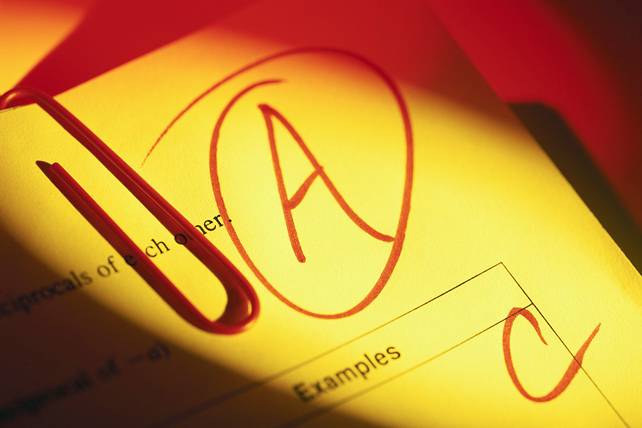|
Reading Tutor 120 Definitions
|

|
 |
Links: |
1. Functional Literacy- A level of reading ability that gives an individual the opportunity to cope effectively with the general day to day world of reading. 2. Independent Level- The reading level at which an individual can read and comprehend fully without any assistance. 3. Instructional Level- The reading level at which an individual requires a teacherís assistance with vocabulary and comprehension. This is the potential growth level of reading. 4. Frustration Level - The reading level at which an individual cannot acquire meaning from print. The only outcome of a student reading at this level is a greater distaste for reading. This level is two years or more above a personís instructional level. 5. Prior Knowledge-The information one has about a reading topic prior to reading the passage. 6. Psycholinguistics - A field of psychology that investigates how people learn and use language. (A development of insights into how the brain processes information of a graphic nature. 7. Linguistics - The study of language, in particular its sounds, meanings and syntax. 8. Cognition - The intellectual process of knowing 9. Transfer of Learning - The use of oneís experiences and concepts to interpret and comprehend new, yet similar concepts Ė the application of knowledge to new situations. 10. Experiential Base- An individualís world of knowledge Ė all that one knows. 11. Phoneme- The smallest unit of speech sound that distinguishes one utterance from another. 12. Miscue- A miscue is a word uttered by a reader which is not the exact word printed on the page. It may be either positive (fits meaning) or negative (distorts meaning). 13. Phonics- A reading strategy that depends on the translation of a letter symbol into its sound with or without comprehension. 14. Running Record- A strategy used to determine a reading level and to analyze reading errors 15. Semantics - The word knowledge in a language essential to prediction and, consequently, comprehension in reading. 16. Syntax - The word order in language essential to word prediction in context. 17. Consonants - A sound in speech other than a vowel expressed by a letter or letters 18. Prediction - The strongest reading strategy. Itís prompted only by the act of comprehension of a passage gained through access to prior knowledge. |